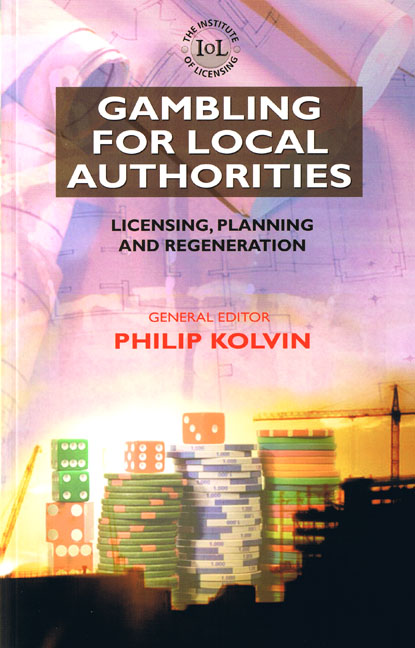
As local authorities assume responsibility under the Gambling Act 2005 for the major growth industry of gambling, this timely text charts their new terrain simply and succinctly. Written by leading national experts and published by the Institute of Licensing, the book considers the dual regulatory tools of licensing and planning, sets out the principles governing each, and establishes the boundary and interface between them. The text also explains the division of functions between licensing authorities and the national regulator – the Gambling Commission.
As well as a clear exposition of local authority procedures and powers under the Gambling Act, the text raises important issues as to the nature and extent of the statutory discretion the Act confers. This debate has crucial implications for the role, if any, of planning, health and safety, and environmental health authorities, and the involvement of local people and their elected representatives in the licensing process.
There are authoritative chapters on planning, detailing the principles regarding town centre and out of town centre gambling proposals, major gambling resort proposals and planning gain. The optimum location of gambling proposals from a regeneration and social impact perspective will also be considered.
Taking a practical approach to the matters principally concerning local authorities, e.g. the nature of their discretion, role of ward councillors, participation of local people, the use of conditions, the status of policy on appeal and the interface between licensing and planning, this will be a standard reference work for officers and members working in licensing and planning.
Written in a clear, accessible style, supplemented by extensive use of diagrams and tables to illustrate the key concepts, this book is designed for reading by all professionals and committee members working in the licensing and planning process relating to gambling. With its insights into the working of the legislation from the regulator’s point of view, the book will also be invaluable to other participants in the system, particularly industry operators and representatives.